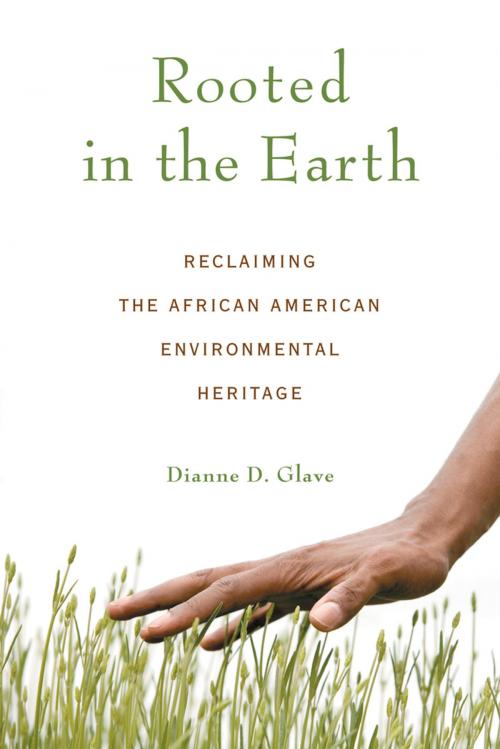Rooted in the Earth
Reclaiming the African American Environmental Heritage
Nonfiction, Science & Nature, Nature, Environment, Environmental Conservation & Protection, Social & Cultural Studies, Social Science, Cultural Studies, African-American Studies| Author: | Dianne D. Glave | ISBN: | 9781569767535 |
| Publisher: | Chicago Review Press | Publication: | August 1, 2010 |
| Imprint: | Chicago Review Press | Language: | English |
| Author: | Dianne D. Glave |
| ISBN: | 9781569767535 |
| Publisher: | Chicago Review Press |
| Publication: | August 1, 2010 |
| Imprint: | Chicago Review Press |
| Language: | English |
With a basis in environmental history, this groundbreaking study challenges the idea that a meaningful attachment to nature and the outdoors is contrary to the black experience. The discussion shows that contemporary African American culture is usually seen as an urban culture, one that arose out of the Great Migration and has contributed to international trends in fashion, music, and the arts ever since. But because of this urban focus, many African Americans are not at peace with their rich but tangled agrarian legacy. On one hand, the book shows, nature and violence are connected in black memory, especially in disturbing images such as slave ships on the ocean, exhaustion in the fields, dogs in the woods, and dead bodies hanging from trees. In contrast, though, there is also a competing tradition of African American stewardship of the land that should be better known. Emphasizing the tradition of black environmentalism and using storytelling techniques to dramatize the work of black naturalists, this account corrects the record and urges interested urban dwellers to get back to the land.
With a basis in environmental history, this groundbreaking study challenges the idea that a meaningful attachment to nature and the outdoors is contrary to the black experience. The discussion shows that contemporary African American culture is usually seen as an urban culture, one that arose out of the Great Migration and has contributed to international trends in fashion, music, and the arts ever since. But because of this urban focus, many African Americans are not at peace with their rich but tangled agrarian legacy. On one hand, the book shows, nature and violence are connected in black memory, especially in disturbing images such as slave ships on the ocean, exhaustion in the fields, dogs in the woods, and dead bodies hanging from trees. In contrast, though, there is also a competing tradition of African American stewardship of the land that should be better known. Emphasizing the tradition of black environmentalism and using storytelling techniques to dramatize the work of black naturalists, this account corrects the record and urges interested urban dwellers to get back to the land.















